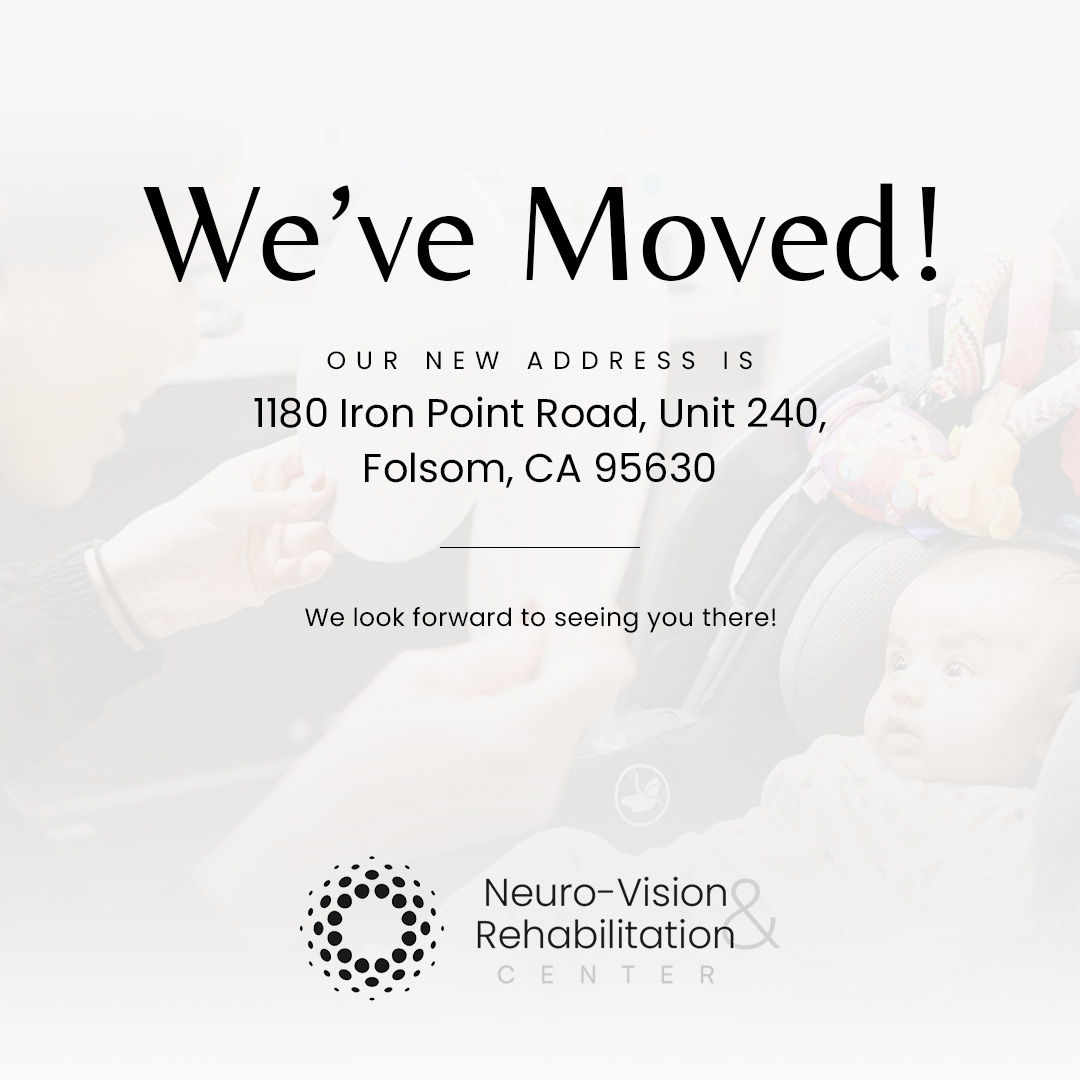
Feeling dizzy or seeing double can be disorienting and even frightening - especially when it starts interfering with your balance, reading, or daily tasks. While dizziness and double vision can result from various medical conditions, one often-overlooked cause lies in how your eyes work together.
What Is Binocular Vision Dysfunction (BVD)?
Your eyes are meant to work as a team, aligning and focusing on the same object so your brain can merge the two images into one clear picture. When they don’t align perfectly, it can create a miscommunication between your eyes and brain. This condition is known as Binocular Vision Dysfunction.
With BVD, your eyes struggle to maintain alignment, forcing your visual system and brain to work harder to compensate. Over time, this strain can lead to symptoms such as:
• Dizziness or a feeling of imbalance
• Double vision or blurred vision
• Headaches or eye strain
• Difficulty focusing, especially when reading
• Nausea or motion sensitivity
• Anxiety when driving or in crowded spaces
Many people with BVD may not even realize their eyes are misaligned - standard eye exams often don’t detect it.
How BVD Leads to Dizziness and Double Vision
When your eyes are misaligned, the brain receives conflicting visual information. It attempts to correct this by overusing the eye muscles or suppressing one eye’s input, leading to visual fatigue and sensory confusion. This mismatch can make you feel dizzy, unsteady, or disoriented - especially when moving your head or walking in environments with lots of visual stimulation.
Double vision may occur because the brain cannot consistently merge the two images from your eyes into one. This can worsen with fatigue, stress, or extended near work like reading or screen use.
The Importance of Proper Diagnosis
Because dizziness and double vision can have several causes, it’s crucial to have a thorough evaluation by an eye care professional who specializes in binocular vision. At Neuro-Vision & Rehabilitation Center, we use advanced diagnostic tools to determine whether BVD or another visual disorder is contributing to your symptoms.
How Vision Therapy Can Help
Vision therapy is a customized program designed to improve the coordination and alignment of your eyes. Unlike glasses or contact lenses that correct refractive errors, vision therapy retrains the visual system to function efficiently and comfortably.
For patients with BVD, therapy may include:
• Eye-tracking and focusing exercises
• Prism lenses to gently realign visual input
• Balance and spatial awareness activities
• Techniques to strengthen eye-teaming and visual processing
Over time, these exercises can help your eyes work together more effectively, reducing the dizziness, headaches, and double vision associated with BVD.
Find Relief from Dizziness and Double Vision
If you’ve been struggling with dizziness, double vision, or unexplained balance issues, your eyes could be the missing link. Binocular Vision Dysfunction often goes undiagnosed, but with proper testing and vision therapy, you can regain visual comfort and confidence.
If you suspect your dizziness or double vision may be related to a vision issue, schedule a consultation with Neuro-Vision & Rehabilitation Center today. We can get to the root of your symptoms and design a personalized vision therapy plan to restore clarity and balance to your life. Contact our office in Folsom, California, by calling (279) 321-9059 to book an appointment.












